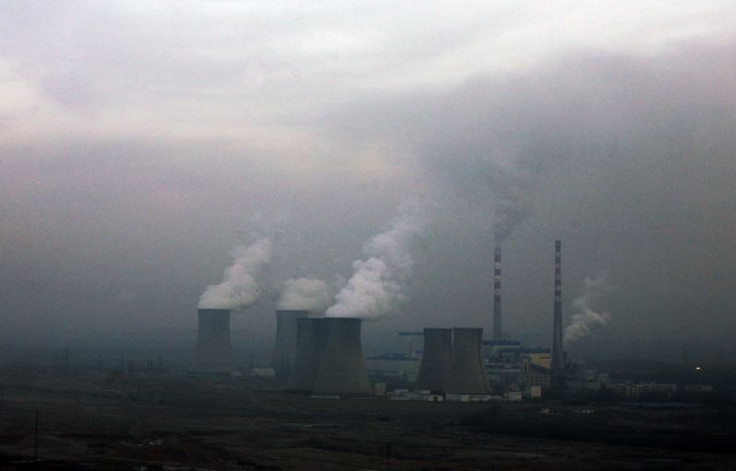Newcastle halts fossil fuel investments

Newcastle has decided to halt further fossil fuel investments, indicating a major shift in its coal mining heritage. In a bid to avoid "harmful activities,” such as greenhouse gas pollution, the city has ordered banks to dispose the portfolios of assets that include resources such as coal and oil.
Labor councillor Declan Clausen has moved the motion to steer Newcastle's AU$280 million fund involved in "environmentally and socially responsible investments." He was elected on a platform of moving away from fossil fuel investments.
Clausen told ABC that the motion was moved in a bid to utilise the renewables’ choices those are available to the people and get maximum benefits out them, which include equal returns to the city, investments with same credit ratings among others. “We're going to preferentially invest in activities that are environmentally and socially productive," he said.
Clausen added that the ratepayers are looking forward to a transformation in the economic domain of the city, where there would be enough space to accommodate alternative technologies and renewables in particular. However, Newcastle would continue to acknowledge the significance of coal.
On being asked about the risks involved in shifting away from fossil fuel investments, Clausen said he was very aware of the risky environment that is going to get built up but also said that Newcastle and Hunter region were already facing the current and future socio-economic challenges.
"We've seen a significant downturn already in the investment cycle in coal projects in the Hunter and, as a result, there are quite a few people at the moment seeking work," he said.
He believes that it is very important to involve and make use of other alternative renewables to generate employment amongst the youth as it was doubtful how long the coal industry could have sustained the region solely.
Currently, the council has stopped short of immediately dumping term deposits and other transaction activity with the big four banks – ANZ, Commonwealth, NAB and Westpac. However, when deposits become available for renewal, council staff would be given instructions to switch funds away from the large banks.
On the other side, Liberal councillor Brad Luke sarcastically described the move as "incredible,” saying it would take the country back to the stone. He also believes that this would lessen employment as it is; Newcastle already ranks high in case of unemployment. The Minerals Council has also ridiculed the proposal and said the coal industry was responsible for bringing in billions of dollars into the region and generating employment for thousands of people.
Stephen Galilee, chief executive of the NSW Minerals Council, said the city council needs to answer, “why, and the ratepayers of Newcastle will make their own judgement on whether it's really the right way to go.”
But Greens councillor Therese Doyle dismissed the criticisms, saying that it was the fossil fuel investments that take the city back to the Stone Age. "It's very clear that we need to get out of fossil fuels," she said.
Contact the writer at feedback@ibtimes.com.au, or let us know what you think below.





















